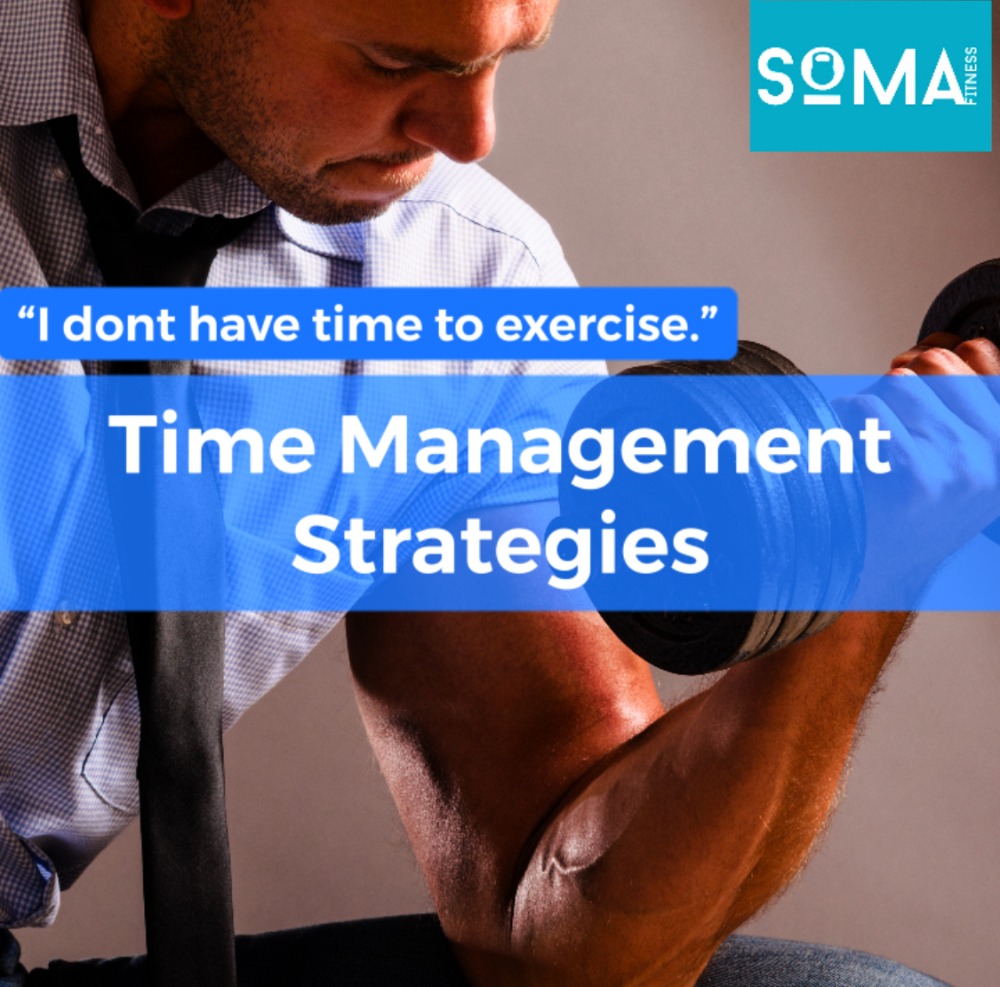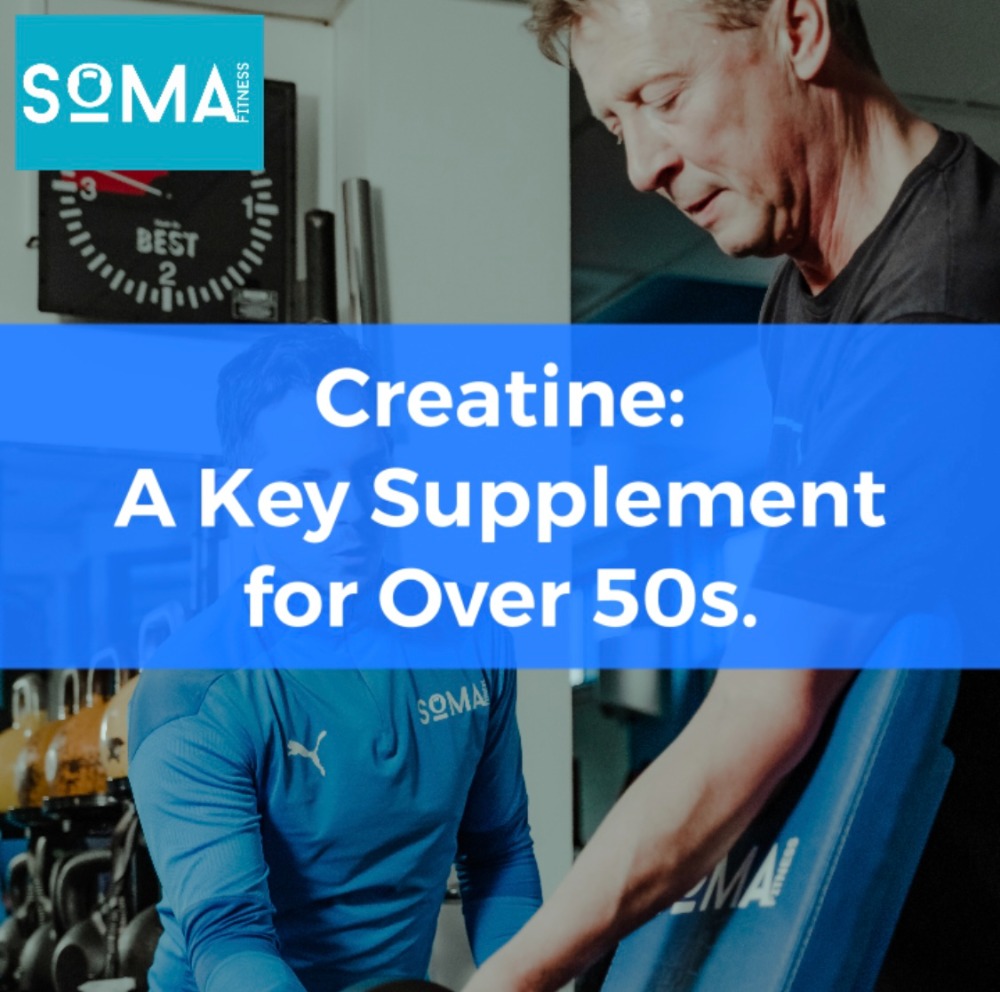Maintain your goals during Ramadan

Ramadan is approaching with fasting for our Muslim personal training clients. It is a time of reflection, prayer, and self-discipline however, for athletes and individuals who wish to maintain their fitness levels, muscle mass and strength, it can be challenging to maintain their training schedule and performance while fasting. It is important to have structure and plan and optimise your training during Ramadan to get the best results.
When is the best time to train during Ramadan?
The optimal time to train during Ramadan depends on the individual’s personal preference and schedule. However, we generally recommended to train after breaking the fast (Iftar) or before the pre-dawn meal (Suhoor). Training during these times we have found over the years with feedback from our personal training clients allows the individual to consume food and water to fuel their workouts and rehydrate after the workout.
Training after Iftar allows the athlete to replenish their glycogen stores, which can help increase energy levels during the workout. It also allows them to consume a proper post-workout meal, which is essential for recovery and muscle growth. A disadvantage of training after Iftar can be challenging due to the heaviness of the meal and the possibility of feeling sluggish during the workout.
Training before Suhoor, on the other hand, allows the athlete to consume a small meal and hydrate before the workout. It also allows them to take advantage of the increased energy levels that occur during the pre-dawn meal. A disadvantage of training before Suhoor can be challenging due to the early wake-up time and the possibility of feeling fatigued during the workout.
What types of foods should you break your fast with?
Breaking the fast with nutrient dense foods is essential for maintaining energy levels during the workout and promoting recovery afterward. You must certainly avoid processed and refined foods with little quality nutrition. We have found the best results for our personal training clients to break the fast with a combination of complex carbohydrates, protein, and healthy fats.
Complex carbohydrates, such as whole grains, fruits, and vegetables, provide sustained energy during the workout.
Protein, such as meats, fish, beans, and legumes, is essential for muscle repair and growth. Healthy fats, such as nuts, olive oil, coconut oil, seeds, and avocado, provide satiety and energy during the workout.
It is also important to hydrate properly during Iftar. Drinking water and electrolyte-rich beverages, such as coconut water or electrolyte drinks, can help rehydrate the body and replenish lost minerals. Adding BCAAs to your water during this time of the year can also help with ingesting enough amino acids to preserve and build your muscle mass.
How to optimize hydration during Ramadan?
Hydration is crucial during Ramadan, especially for athletes who need to maintain their performance levels. It is recommended to drink at least 35 ml of water per kilo of body weight per day to ensure adequate hydration. This will be required to ingest between Iftar and Suhoor which may be challenging for some individuals who normally struggle to drink enough water throughout the day we would recommend that you take advantage of consuming some quality electrolytes. Our personal trainers also advise our to avoid caffeinated beverages, such as coffee and tea, as they can increase dehydration.
During the workout, it is recommended to drink small sips of water every 10-15 minutes to maintain hydration levels. It is also important to avoid drinking large amounts of water at once, as it can lead to stomach discomfort.
How to maintain muscle mass during Ramadan?
Maintaining muscle mass during Ramadan can be challenging, especially if the athlete is in a calorie deficit due to the fasting period. It is essential to consume adequate protein and calories during Iftar and Suhoor to prevent muscle breakdown.
Consuming protein-rich foods, such as eggs, meats, fish, beans, and legumes, during Iftar and Suhoor can help maintain muscle mass. It is also important to consume complex carbohydrates to provide energy for the workout and healthy fats to provide satiety and energy during the workout.
In addition to sound nutrition, our personal trainers recommended to continue strength training during Ramadan to maintain muscle mass. However, it is important to adjust the training volume and intensity to accommodate the fasting period.
In conclusion, training during Ramadan can be challenging, don’t make excuses find solutions. With proper planning and nutrition, individuals can maintain their performance levels and even improve their fitness during the holy month.
If you are looking to step up your fitness game this year contact us and find out how our personal trainers in Hale and Altrincham can help.










Recent Comments